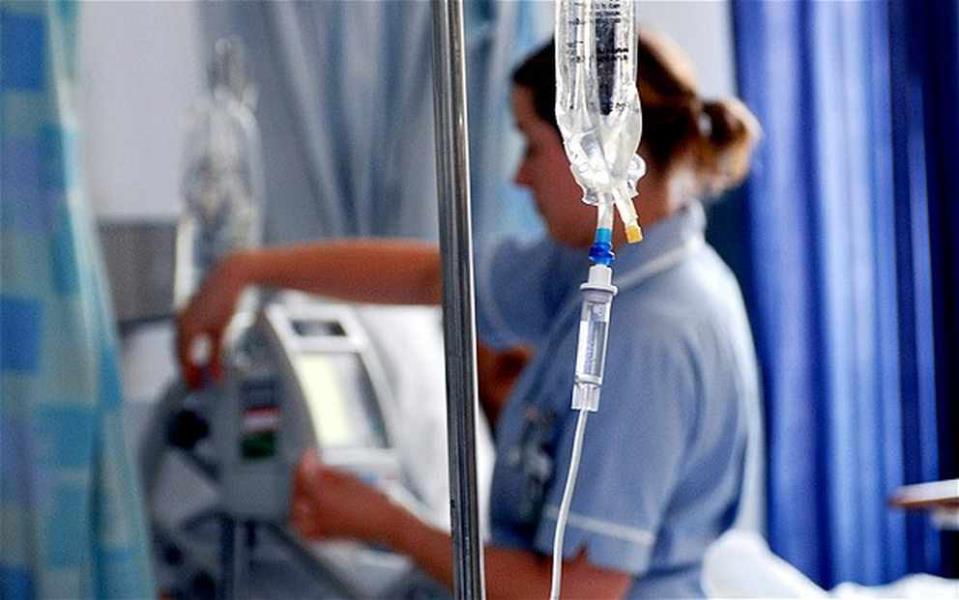Diseases of the circulatory system
Diseases of the cardiovascular system were the leading cause of death and accounted for 37.6% of the total number of deaths in 2014. The most common disease of the cardiovascular system is arteriosclerosis in which fatty deposits in the arteries cause the walls to stiffen and thicken the walls, which in turn restricts blood flow and can lead to a heart attack or stroke. Diabetes, smoking and cholestoral are major risk factors. Mortality rates for ischaemic heart disease are higher in Malta than the EU average.
Cancer
Cancer accounted for 933 deaths in 2014, an increase of 63 from the previous year. The rate is however still slightly better than the EU average. Lung cancer is the commonest cause of cancer death in males, while breast cancer prevails for women. Lung cancer standardised mortality rates in males have decreased over the years mainly due to an increasing age at death; however in females it has remained stable or increased. This complies with the fact that smoking rates among females has increased in Malta as in many countries in Europe over the past thirty years.
Despite breast cancer still prevailing others when it comes to females, the death rate in Malta has improved over the years and is now closer to the EU average, most probably due to the increase in awarness, screening and improved treatment.

Deaths in children below the age of one year of age
In 2014, there were 21 deaths in infants, accounting for 0.6% of the total deaths. The most important causes of death in this age group were perinatal conditions such as low birth weight and asphyxia and congenital anomalies. Infant mortality rate is among the highest in the EU, however the fact that termination of pregnancy is illegal plays a significant part. Infants with terminal congenital anomalies are carried through the whole pregancy and often die hours or days after birth. The most common severe congenital anomalies are heart defects and neural tube defects. Death of mothers during childbirth is today a rare occurence.
Deaths during middle age
In persons between the ages of 45-64 years cancers account for 50% of all the deaths followed by diseases of the cardiovascular system which accounted for 25% of all deaths. In the older age groups from 65 to 84 years the reverse occurs with 50% of all deaths due to cardiovascular deaths followed by cancer which accounted for 34% of all deaths.
Deaths in the 85+ group
1054 (32.2%) deaths in 2014 were of people aged 85 and over. Cardiovascular diseases again predominate in this age group. However, other conditions including dementia, respiratory infections and diabetes were important causes of mortality in older persons.
In the United Kingdom, dementia and Alzheimer’s diseases was the leading cause of death in women over 80. The condition is often recorded as the sole cause of death, but it is frequently found as an underlying condition.

High percentage of deaths occur at Mater Dei Hospital
69.1% of all deaths in residents occur within a hospital setting – 54.4% of which died at Mater Dei Hospital, a 3.4% increase from the previous year. 4.3% at Gozo General Hospital, 10.9% at St Vincent de Paul and 10.3% in other hospitals. Only 11.3% die at home.
More deaths occur in the colder winter months, particularly for those aged 65 years and over. Low ambient temperatures, while often not the underlying cause of death, contribute to death in older people.
External causes of death
External causes of death such as transport accidents, falls, drowning and suicide make up for a small percentage of deaths, 3.3% in 2014 or 107 deaths. However just under half of these deaths are in persons under 65 years of age.
In 2014 -15 persons died following a traffic or work accident. Around the world, 1.3 million people are killed in car crashes or die due to injuries soon after.
While suicide rates in Malta are lower than the EU average, a slowly rising trend is being observed locally.
Information provided by Kathleen England, a specialist in public health medicine. Dr England works within the Directorate for Health Information and Research.
Death by numbers
84.3 life expectancy for females
79.8 life expectancy for males
28.5% killed by cancer
2014’s morbid toll
933 killed by cancer
107 killed in accidents
69.1% died in hospital
2014 age gap
1, 054 (32.2%) deaths were 85+ years old
50% of 45-64 year olds killed by cancer
21 newborns died